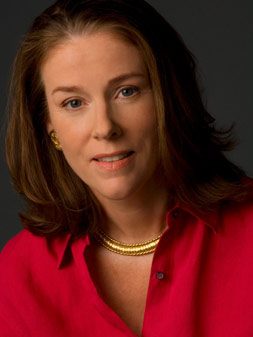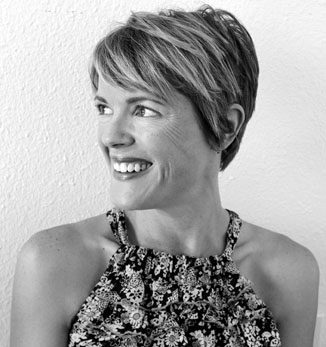Lauren Alwan (Fiction 08): Lauren will be serving as a prose editor for a new online literary journal, The Museum of Americana. The journal is dedicated to fiction, poetry, nonfiction, photography, and visual art that revives or re-purposes forgotten or unknown aspects of Americana.
‘The Museum of Americana…is published purely out of fascination with the big, weird, wildly contradictory collage that is our nation’s cultural history,’ says Justin Hamm, the quarterly’s founder and editor. ‘We live in an era when it is fashionable to express either apathy or outright disdain for all things American. The museum of Americana was founded on two core beliefs. The first is that there is much to love and celebrate in historical American culture. The second is that, while certainly not all aspects of Americana ought to be praised or celebrated, there is still great value in holding even that which is embarrassing or difficult up to the light to see what it is made of — and what could possibly be made of it.’
The journal will appear four times a year, in February/March, June/July, September/October, and December/January. The first reading period is currently open through September 20th.
To learn more, visit the journal’s website.








